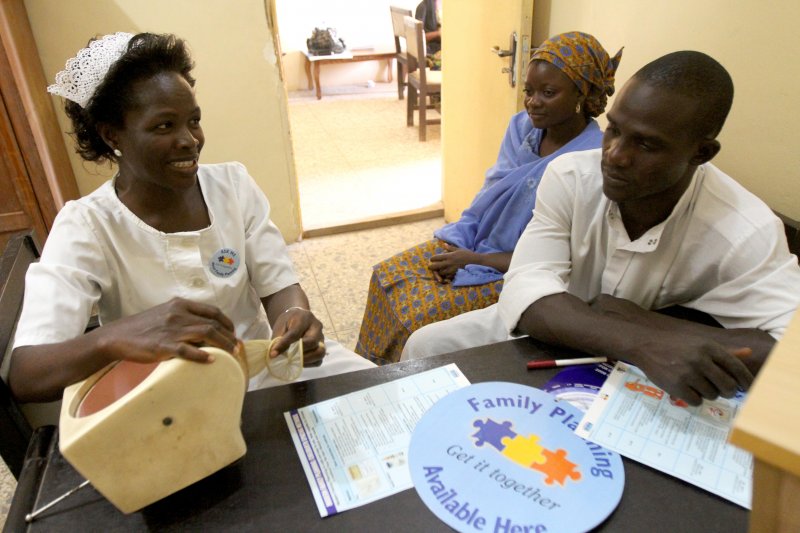Stakeholders in health sector have urged the Federal Government to include Family Planning (FP) and other primary healthcare services provided by Community Pharmacists (CPs) and Patent and Proprietary Medicines Vendors (PPMVs), in information platforms.
The stakeholders made the call at the inaugural meeting for the development of PCN FP and other Primary Health Care (PHC) Strategic Plan in collaboration with the PSN-PACFaH@Scale in Abuja.
The stakeholders included the Federal Ministry of Health (FMoH), Pharmacists Council of Nigeria (PCN), National Agency for Food and Drug Administration and Control (NAFDAC) and Pharmaceutical Society of Nigeria (PSN)-Partnership for Advocacy in Child and Family Health @Scale Project (PACFaH@Scale.
Others are Community Pharmacists and PPMVs, Society for Family Health/IntegratE Project, among others.
They identified such platforms to include the National Health Management Information System (NHMIS) and the National Family Planning Dashboard, noting that community pharmacies and patent medicines shops were solution to achieving universal health coverage.
Giving an overview of the strategic plan, Dr Edwin Akpotor, Programme Manager, PSN-PACFaH@Scale said the plan would itemise what the council intended doing in repositioning CPs and PPMVs in providing extended services.
Akpotor said the three years strategic plan which would commence from 2019 to 2021 was meant for FP service delivery adding that for Nigeria to achieve Universal Health Coverage (UHC) there was need to include private sector healthcare provision.
According to the 2013 National Demographic and Health Survey (NDHS), 60 per cent of Nigerians patronise or obtain their services and other PHC services from private sector, which is the CPs and PPMVs.
He emphasised that with the current Task Shifting and Task Sharing (TSTS) policy of the government, more services would be given to CPs and PPMVs.
Akpotor said: “The Federal Government at the July 2017 London FP2020 Summit made a commitment to expand the FP services that community-based health practitioners such as CPs, PPMVs among others can provide.
“Through this commitment, the government believes the current FP unmet need can be bridged while increasing access to critical FP information and services especially in hard-to-reach environment and ultimately achieving the country’s modern Contraceptive Prevalence Rate goal (MCPR).
“In supporting the government to achieve this commitment and others, the PSN-PACFaH@Scale project is supporting PCN to develop a strategic plan (blue print) on re-positioning and strengthening the FP and other PHC services provided by CPs and PPMVs.
“Through the plan the council needs to have a plan on how to operationalise the TSTS, monitor, ensure supportive supervision of this group to provide accurate, exact services they are met to do,” he said.
Akpotor identified some of the task of the council to include demand creation and generation, creating awareness, ensuring that the practitioners provide the relevant information and services.
According to him, such measures will enable them to give right information to their clients or make a referral to the appropriate quarters when the need arise.
“When developed, the strategic plan will be leveraged upon by development partners and donors in strengthening the regulatory capacity of PCN and ensure CPs and PPMVs provide quality FP and other PHC information and services. (NAN)






